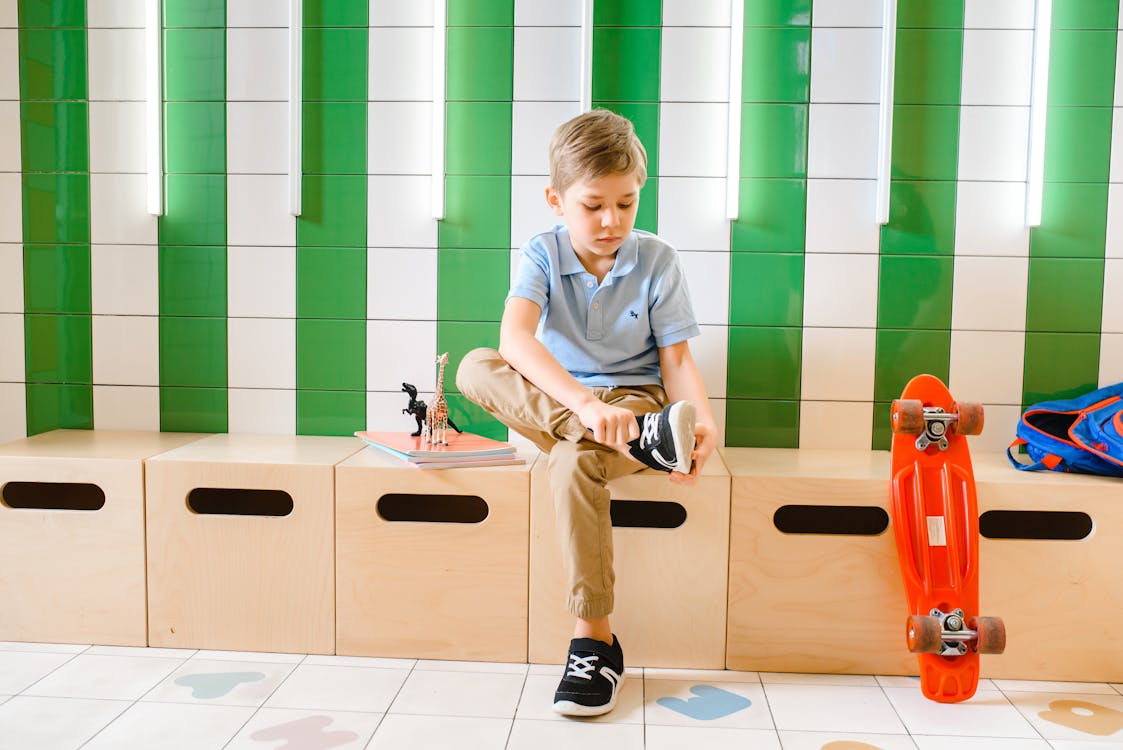Every parent knows that moment when daily routines feel heavy and connections seem strained. Between work pressures, school schedules, and endless to-do lists, finding genuine joy within family life can feel impossible. Yet, there's a simple solution hiding in plain sight that costs nothing and delivers instant results.
The power of shared laughter through humor can transform ordinary moments into treasured memories, strengthen emotional bonds, and create the warm family atmosphere every parent craves for their children.
Understanding these mechanisms helps parents appreciate why incorporating laughter into daily routines creates such profound effects. The average 4-year-old laughs 300 times a day, while the average 40-year-old only laughs four times. This difference highlights how naturally children embrace joy, making them perfect teachers for rediscovering happiness.
When families share laughter, their brains release endorphins and reduce stress hormones simultaneously. This biochemical reaction creates positive associations with family time, making children more eager to engage. Parents often notice improved behavior and stronger cooperation after humor-filled interactions.
Funny kids jokes can be a delightful way to bring the whole family together, turning ordinary moments into bursts of laughter and connection. Simple jokes for kids help youngsters understand timing, social cues, and appropriate responses to different situations.
Children learn to read facial expressions and gauge reactions through joke-telling experiences. This emotional learning extends beyond entertainment. Kids discover how their words affect others, building empathy through shared laughter. They also develop resilience by learning that mistakes in joke delivery can become funny moments themselves.
Parenting humor transforms challenging situations into opportunities for connection. When parents approach difficulties with a lighthearted attitude, children feel safer expressing themselves. These moments become stories families retell for years, strengthening their shared identity.
Positive memories created through humor provide emotional anchors during tough times. Children remember feeling loved and accepted, even when they made mistakes. This foundation supports their confidence in family relationships throughout their lives.
Selecting humor that matches developmental stages ensures maximum engagement and understanding. Different age groups respond to various types of comedy based on their cognitive abilities and social awareness.
Young children find physical comedy irresistible. Peek-a-boo games, funny faces, and exaggerated movements create instant giggles. These activities require no complex understanding, making them perfect for capturing short attention spans.
Sound-based humor also works wonderfully with toddlers. Animal noises, silly voice changes, and nonsense words trigger delighted responses. Parents can easily incorporate these elements into daily routines like diaper changes or meals.
For children in the elementary age group, kids jokes become especially enjoyable when they involve wordplay and simple puns. Their expanding vocabulary allows them to understand jokes with double meanings. Classic knock-knock jokes become favorites during this developmental stage.
These children also enjoy jokes about familiar topics like animals, food, and school experiences. The key is keeping concepts simple while introducing mild complexity that challenges their thinking without causing frustration.
Older children gravitate toward riddles and logic-based humor that makes them think. They appreciate jokes requiring problem-solving skills and enjoy the satisfaction of "getting" more sophisticated humor. This age group often becomes enthusiastic joke collectors.
Their developing social awareness means they understand humor's social aspects better. They recognize when jokes are appropriate and begin developing their own comedic timing through practice.
Timing significantly impacts humor's effectiveness in family settings. Understanding when children are most receptive to laughter helps parents maximize these bonding opportunities.
Beginning the day with laughter sets positive tones for everyone. Simple jokes during breakfast or getting ready create uplifting atmospheres that carry through school and work days. Children associate mornings with happiness rather than stress.
Even rushed mornings benefit from brief humorous moments. A silly dance while brushing teeth or funny voices during breakfast can shift energy from frantic to fun within seconds.
Vehicle time offers perfect opportunities for family time activities centered around humor. Captive audiences mean full attention for joke-telling sessions. Long drives become adventures rather than endurance tests when filled with laughter.
Laughter and bonding occur naturally in car environments because everyone's facing the same direction, reducing pressure for eye contact. Shy children often participate more freely in these settings.
Creating structured activities around humor builds lasting traditions while ensuring regular connection opportunities. These activities can be adapted for any family size or schedule.
Families can create personalized joke collections by writing down favorites in special notebooks. Children love contributing their own jokes, even if they don't make perfect sense. These journals become treasured keepsakes over time.
Research shows that 99.17% of children produced at least one instance of humor in peer play sessions. This statistic demonstrates children's natural inclination toward humor, making family joke activities highly likely to succeed.
Regular performance nights give each family member opportunities to shine as comedians. These events don't require professional-level entertainment – enthusiasm and effort matter more than perfection. Children gain confidence while families create special traditions.
Rotating performer roles ensures everyone gets spotlight time. Parents modeling joke-telling encourages children to take risks with their own performances. These nights often become monthly highlights that families eagerly anticipate.
Hidden joke cards throughout homes create excitement and discovery. Children hunt for humor while moving around, combining physical activity with mental engagement. This activity works particularly well for energetic kids who need movement.
Parents can tailor jokes to locations, creating learning opportunities alongside entertainment. Kitchen jokes about cooking, bathroom jokes about daily routines, and bedroom jokes about sleep make ordinary spaces feel special.
Using funny kids jokes is an accessible way for families to build stronger relationships without the need for special skills, expensive equipment, or complex planning. These simple tools create profound impacts on emotional connections, stress levels, and overall family happiness.
The science supporting humor's benefits confirms what many parents intuitively understand – laughter truly is medicine for families.
When parents commit to incorporating regular humor into their households, they're investing in their children's emotional development while strengthening family bonds. These shared moments of joy become the foundation for lifelong positive relationships and cherished memories that children will carry into their own families someday.
How do I handle inappropriate jokes my child repeats from school?
Address these moments as teaching opportunities rather than punishment situations. Redirect to funnier, appropriate alternatives while explaining why certain jokes aren't suitable for family settings.
What if my teenager thinks family joke time seems childish?
Adapt humor to match their developmental stage with age-appropriate content. Let teens lead joke selection or incorporate trending formats they find engaging while maintaining family-friendly boundaries.
Can humor improve family relationships during difficult periods?
Absolutely. Shared laughter releases stress hormones and creates positive associations with family time. Even brief humorous moments can shift household atmospheres from tense to supportive quickly.




Want to add a comment?